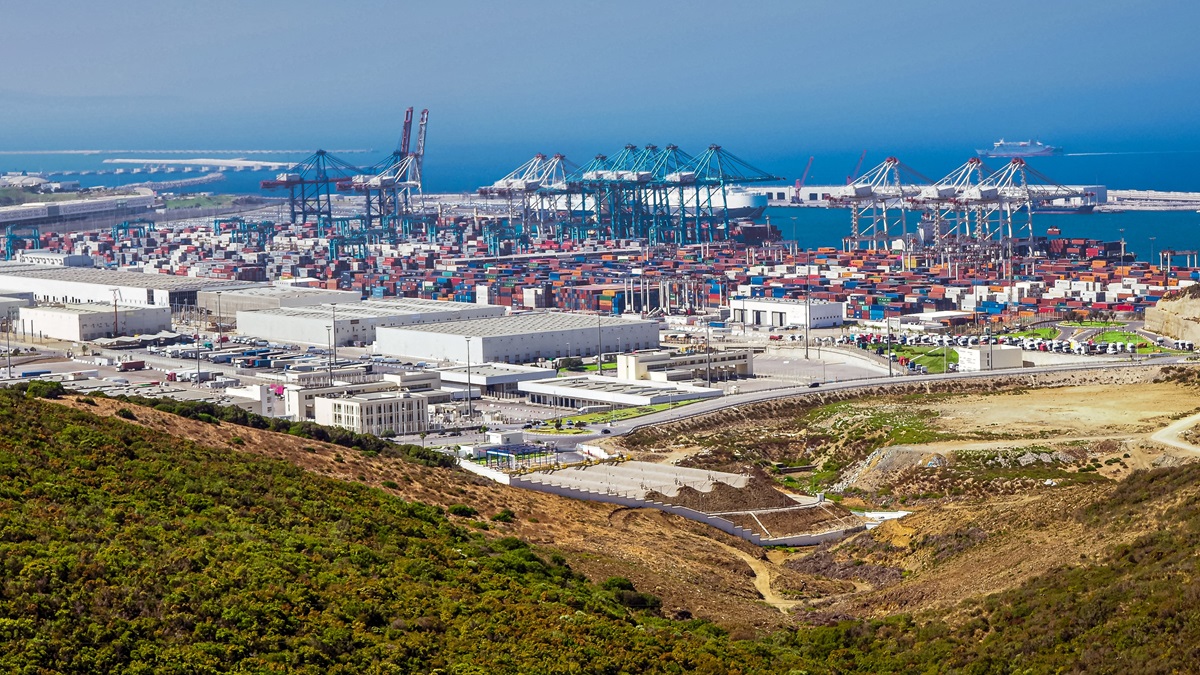A new UNCTAD study highlights the crucial role of these committees in driving trade facilitation reforms worldwide, and what’s needed to bolster their work.

© Shutterstock/Pierre-Yves Babelon | Tangier Port, Morocco.
National trade facilitation committees (NTFCs) are gaining importance in advancing trade reforms worldwide, says a new study released by UN Trade and Development (UNCTAD) on 24 July.
These committees are special structures designed to support countries’ efforts in implementing trade facilitation reforms, including obligations under the World Trade Organization’s Trade Facilitation Agreement (WTO TFA), often serving as national platforms for public- and private-sector consultation.
The study, using data collected in 2024 from over 60 countries across Africa, Asia, Europe, Latin America and the Pacific, highlights a range of good practices used by NTFCs to coordinate, implement and monitor initiatives that aim to make global trade more efficient, inclusive and resilient.
It shows that NTFCs are increasingly adopting strategic planning tools, reinforcing governance frameworks and engaging diverse actors from both government and businesses.
These efforts have produced measurable results: 54% of NTFCs reported active participation in their country’s major trade facilitation initiatives – such as the implementation of one-stop single window systems for import and export processes, time release studies, trade information portals, as well as coordinated border management schemes.
Notably, NTFCs take on heightened significance in structurally weak and vulnerable economies, by performing simultaneously as both coordination platforms and operational tasks forces in relatively low-resource settings.
This is the case for 61% of NTFCs surveyed across least developed countries, and 70% for those in landlocked developing countries.
“Countries have repeatedly emphasized the importance of NTFCs in the implementation of the WTO TFA," said Chairperson Edem Kossi of the WTO Trade Facilitation Committee.
“As this UNCTAD study shows, when NTFCs are empowered with resources and political backing, they can unlock the implementation of the TFA and trade facilitation reforms.”
Empowering NTFCs: What more needs to happen
The study also flags that some common barriers remain, including:
- 63% of NTFCs reported a need for additional training and communication tools, echoing a wider trend to improve outreach and stakeholder engagement.
- 71% of NTFCs underscored the need to strengthen members’ knowledge of trade facilitation, compared to 62% from the previous year.
- 71% of NTFCs – up 9% from the year before – sought to better mobilize resources, reflecting rising awareness of challenges in the broader operational context, such as limited funding, competing priorities and dwindling official development assistance.
Amid supply chain disruptions, rising tariffs and the fast expansion of e-commerce, the evolving global trade landscape makes it crucial for NTFCs to broaden their mandate beyond the Trade Facilitation Agreement.
Doing so will require NTFCs to integrate emerging priorities like climate-smart trade facilitation, gender equality and supply chain efficiency into their agenda. But only half of the committees surveyed have done so.
How UN Trade and Development can help
UN Trade and Development is committed to supporting trade facilitation globally and empowering NTFCs through technical assistance, e-learning and capacity building, as well as digital tools for ongoing training and reform monitoring.
As the world economy navigates new challenges, NTFCs remain indispensable to ensuring that reforms are inclusive, sustainable and responsive to the needs of people, businesses and countries working to unlock the full benefits of global trade.


